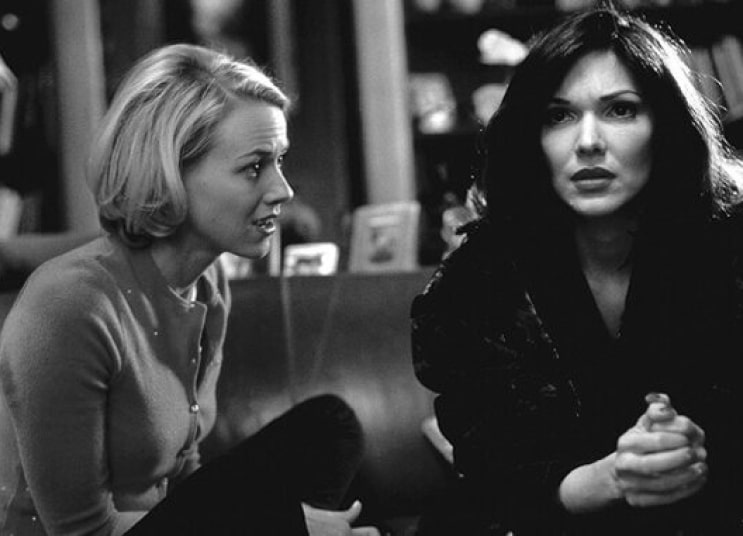Film Analysis
Unraveling the Enigma: An Analysis of "Mulholland Drive"
Nov 5, 2023
By
Avinash Prabhakaran
David Lynch's "Mulholland Drive" is a cinematic puzzle, a surreal exploration of the dark underbelly of Los Angeles, identity, and the elusive nature of dreams.
Released in 2001, the film continues to captivate and mystify audiences with its intricate storytelling, enigmatic characters, and dreamlike narrative. This analysis will delve into the complexities of "Mulholland Drive," attempting to unravel its enigmatic layers.
The Duality of Dreams and Reality
One of the central themes of "Mulholland Drive" is the interplay between dreams and reality. The film blurs the boundaries between the two, often leaving the audience uncertain about what is real and what is a dream.
The character of Diane Selwyn, played by Naomi Watts, is at the heart of this theme. Her journey from an aspiring actress to a broken and delusional individual is a manifestation of the film's exploration of dreams turned nightmares.
Identity and Fragmentation
"Mulholland Drive" explores the fragmentation of identity, a theme reflected in its structure. The film is divided into two distinct parts, each with its own set of characters and events.
The shift between these parts can be seen as a representation of the fractured identity of the protagonist, Diane. Her confusion, guilt, and self-loathing contribute to the disorienting narrative.
Symbolism and Surrealism
David Lynch is known for using symbolism and surrealism, and "Mulholland Drive" is no exception. The mysterious blue box and key, the ominous Cowboy figure, and the recurring motif of jittery diners all add to the film's dreamlike quality. These symbols invite viewers to interpret the narrative on a symbolic level, deepening the film's enigmatic nature.
The Hollywood Illusion
The world of Hollywood is portrayed as a place where dreams can be realized but also where illusions are created and shattered. Diane's journey to stardom and her ultimate disillusionment underscore the theme of the illusory nature of success in the entertainment industry.
The film's portrayal of Hollywood as a place of aspiration and despair is a commentary on the pursuit of fame and the sacrifices it can demand.
The Power of Cinematic Storytelling
"Mulholland Drive" showcases the unique power of cinema to tell stories in unconventional ways. Lynch employs nonlinear storytelling, dream logic, and a deliberate lack of closure to challenge conventional narrative structures.
The film's open-ended conclusion encourages viewers to engage in interpretation and discussion, highlighting the interactive nature of cinematic storytelling.
Conclusion
"Mulholland Drive" is a cinematic masterpiece that invites viewers on a cerebral journey through the labyrinthine corridors of dreams, reality, and fractured identities.
David Lynch's exploration of these themes and his signature surrealism and symbolism create an unforgettable and thought-provoking cinematic experience.
As viewers continue to analyze and debate the film's meaning, "Mulholland Drive" remains a testament to the power of cinema to provoke thought, challenge perceptions, and leave an indelible mark on the world of filmmaking.


